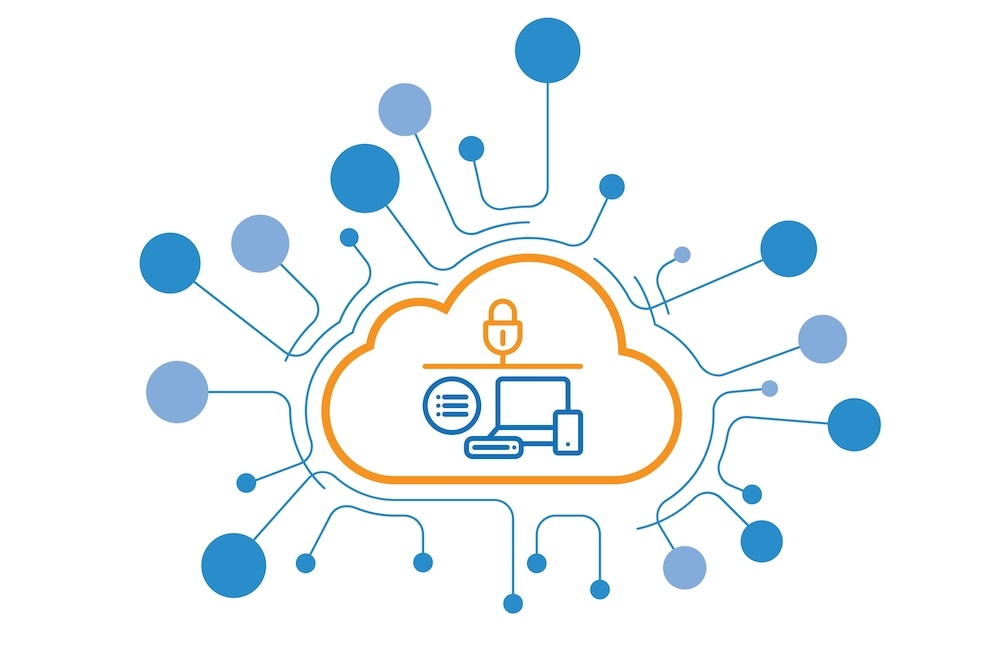Endpoint security refers to the practice of protecting the various endpoints or devices that connect to an organization’s network from security threats, vulnerabilities, and unauthorized access. These endpoints can include computers, laptops, smartphones, tablets, servers, and any other device that interacts with the network and data.
Endpoint security is essential because these devices serve as both entry points and potential weak links in an organization’s network security. They can be vulnerable to a wide range of threats, including malware, viruses, ransomware, phishing attacks, insider threats, and more. If an endpoint becomes compromised, it can provide cybercriminals with unauthorized access to an organization’s data, applications, and network resources.
9 Key Components of Endpoint Security
1. Antivirus and Anti-Malware Software: These tools are designed to detect and remove malicious software, such as viruses, spyware, adware, and Trojans, from endpoint devices.
2. Firewalls: Firewalls control the incoming and outgoing network traffic on an endpoint, allowing organizations to define and enforce security policies to protect against unauthorized access and threats.
3. Intrusion Detection and Prevention Systems (IDPS): IDPS solutions monitor network traffic and endpoint activity to identify and respond to suspicious or malicious behavior.
4. Patch Management: Keeping operating systems and software applications up-to-date with security patches and updates is crucial to addressing known vulnerabilities.
5. Endpoint Encryption: Encryption technologies protect sensitive data stored on endpoints by rendering it unreadable to unauthorized users, even if the device is stolen or compromised.

5. Behavioral Analysis: Some endpoint security solutions use behavioral analysis to identify abnormal or malicious behavior on devices, helping to detect new and unknown threats.
7. Endpoint Detection and Response (EDR): EDR solutions provide real-time monitoring, threat detection, and response capabilities, allowing organizations to investigate and mitigate security incidents on endpoints.
8. User Authentication and Access Controls: Implementing strong user authentication methods, access controls, and privilege management helps prevent unauthorized access to endpoints.
9. Security Awareness Training: Educating employees about security best practices, such as recognizing phishing emails and maintaining strong passwords, is crucial for preventing social engineering attacks.
Endpoint security is an important part of an organization’s overall cybersecurity strategy. It helps protect sensitive data, maintain regulatory compliance, ensure business continuity, and safeguard an organization’s reputation by reducing the risk of security breaches and data leaks. As the cybersecurity landscape continues to evolve, endpoint security solutions must adapt to keep up with emerging threats and vulnerabilities.
About Proven IT
Proven IT helps organizations leverage technology to boost productivity, control costs and protect confidential data. Headquartered in Illinois with customers throughout the United States, popular solutions include Managed IT, Cybersecurity, Managed Office Services, Integrated Voice and data, Physical Security Systems and Business Process Automation.






